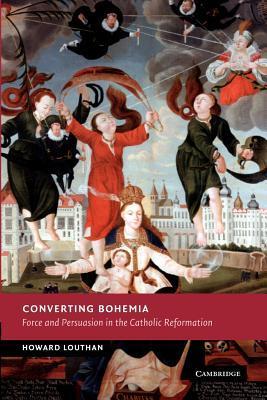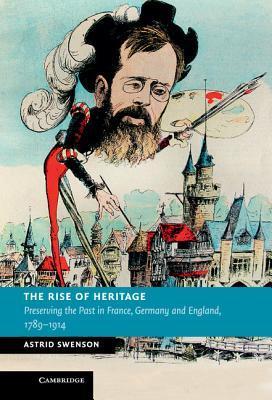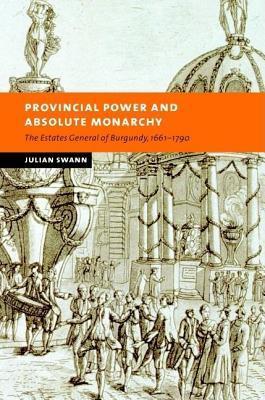
Stephen G. Gross is jointly appointed in the Department of History and the Center for European and Mediterranean Studies at NYU. After working for several years as an economist at the Bureau of Economic Analysis in Washington DC, he completed his PhD at UC Berkeley where he subsequently lectured with the International and Area Studies Program. In his research and teaching Dr. Gross is interested in 20th century Germany, European unification, European and international political economy, energy policy, and international relations. His first book, Export Empire, was published by Cambridge University Press in December 2015. He has also published on a variety of economic themes in German and European history in Central European History, Contemporary European History, German Politics and Society, and Eastern European Politics and Society, as well as in various book chapters. Dr. Gross' first book project—Export Empire: German Soft Power in Southeastern Europe, 1890–1945—explores the relationship between imperialism, economic development, and cultural exchange from the perspective of non-state actors such as trade fairs, research institutes, and professional exchange programs. It traces how German business leaders and academics established commercial hegemony in Southeastern Europe during the 1920s and 1930s. Where scholars have used the concept of soft power to describe the foreign policy of liberal states, he concludes that authoritarian Nazi Germany was also able to exercise its own type of soft power, so long as its private institutions retained the space to operate in the interstices of state power. Where his first monograph explores the commercial power that supported Hitler’s racist imperial ambitions, his second book project will trace how, after 1945, Germany crafted an energy policy that suited a nation heavily dependent on foreign oil and foreign multi-national corporations, and that ultimately enabled Germany to become a leader in renewable energies and energy savings technologies. German Energy Policy in the Age of Oil and Atoms, 1945–2010, as the book is tentatively titled, will explore the political economy of energy crises and transition, tracing how this oil-poor yet highly industrial state managed the transition from coal, to oil, to more renewable fuels, how it negotiated the many intense political and social tensions that came with this transition, and how it inaugurated what is now called the German Energiewende, or revolution to Green energy. By combining an exploration of the material interests involved in the energy sector with newly emerging ideas and scientific paradigms that justified renewable energies, the project aims to provide a more complete understanding of current energy policies in Germany and Europe.



